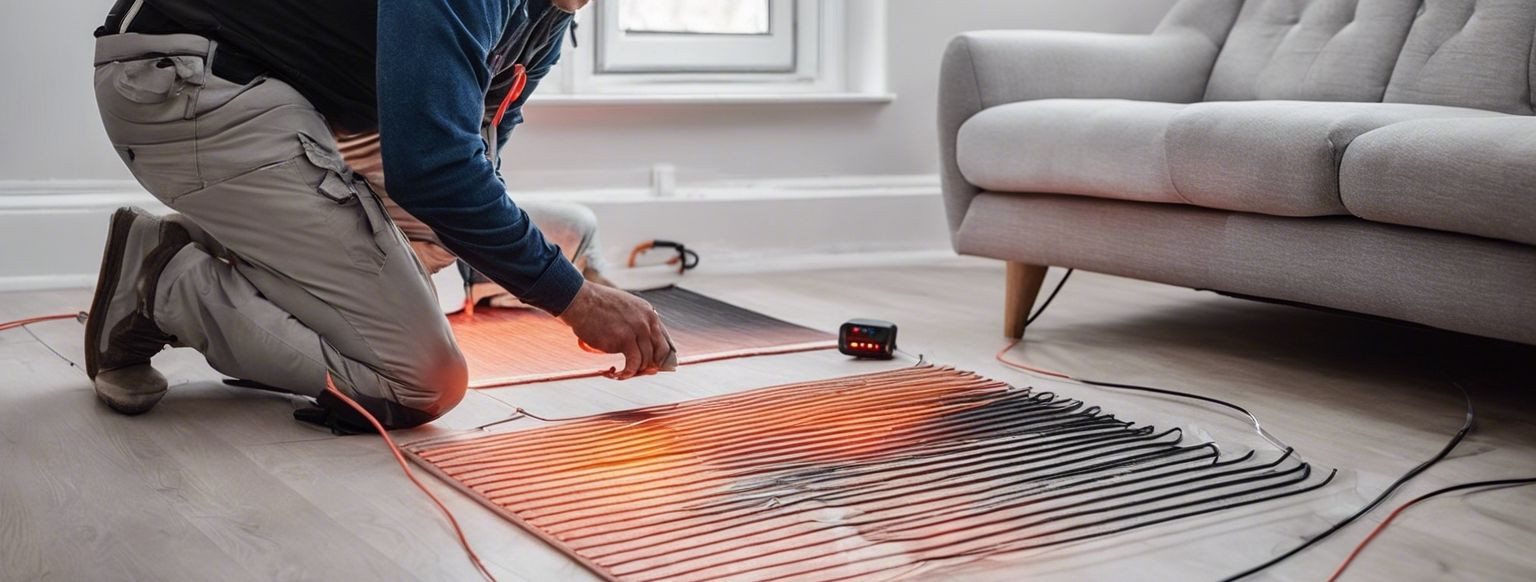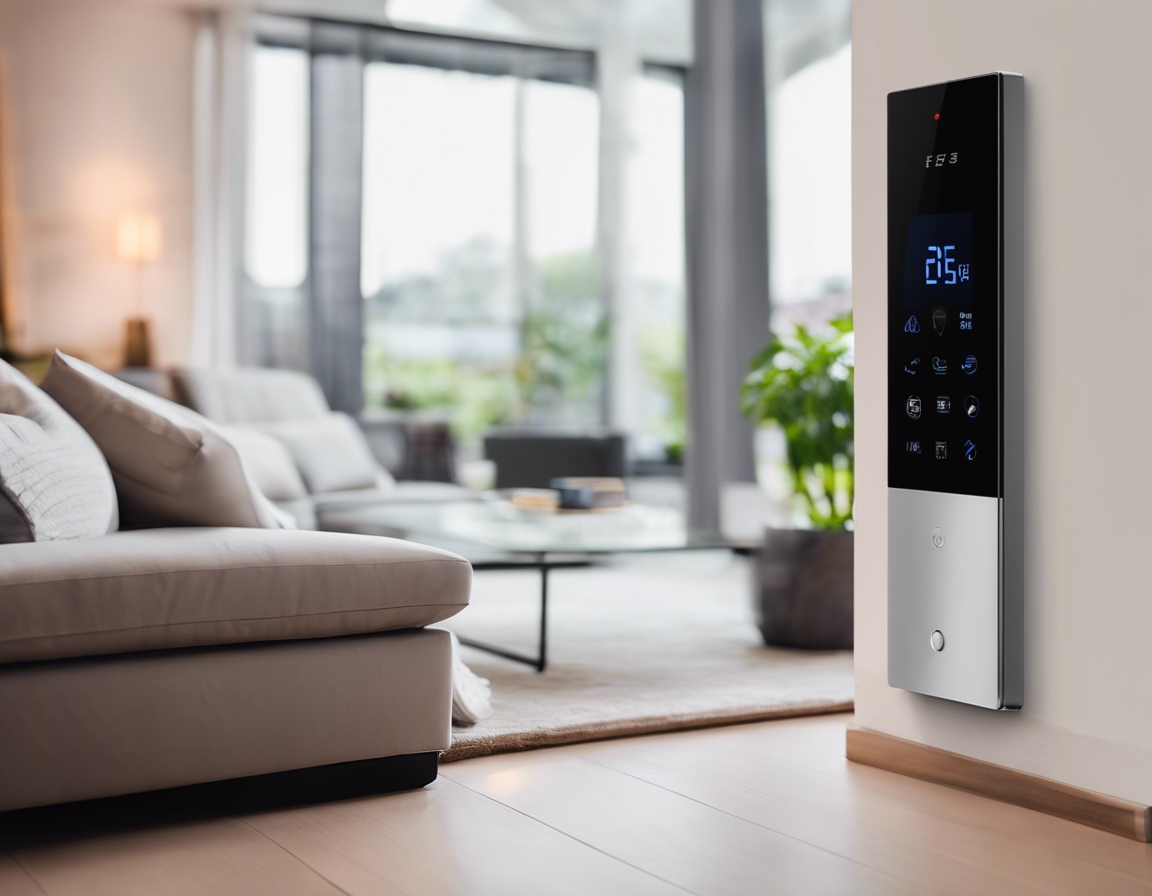The future of home comfort: smart heating integration
Smart heating refers to the advanced heating systems that utilize technology to provide efficient, convenient, and customizable heating solutions. These systems are designed to be controlled remotely via smartphones or other devices, allowing users to adjust settings from anywhere at any time.
From traditional wood stoves to modern central heating, home heating systems have undergone significant transformations. The latest evolution is the integration of smart technology, which brings a new level of control and efficiency to home comfort.
Smart heating systems offer numerous advantages, including energy savings, improved comfort, and enhanced control over the heating environment. They can also contribute to a healthier living space by maintaining optimal temperature and humidity levels.
Smart Heating Technologies
Smart thermostats are the cornerstone of smart heating. They learn from your habits and adjust the heating schedule accordingly, ensuring comfort while minimizing energy use.
Smart radiators allow for room-by-room temperature control, providing heat where and when it's needed, thus reducing waste and improving efficiency.
Heat pumps paired with smart technology can offer a highly efficient heating and cooling system that can be precisely controlled for maximum comfort and energy savings.
The Internet of Things (IoT) has made it possible to integrate heating systems with other smart home devices, creating a seamless and intuitive home management experience.
Energy Efficiency and Cost Savings
Smart heating systems are designed to use energy more efficiently, which can lead to significant reductions in energy consumption and lower utility bills.
Although the initial investment may be higher, smart heating systems can provide long-term savings through reduced energy costs and potential increases in property value.
In many regions, including Estonia, governments offer incentives for homeowners to upgrade to energy-efficient heating systems, making smart heating an even more attractive option.
Smart Heating for Healthier Living
Smart heating systems can help maintain a consistent and comfortable indoor climate, which is beneficial for air quality and can reduce the risk of mold and mildew.
Proper humidity levels are crucial for a healthy living environment, and smart heating systems can help regulate these levels to prevent dry air or excessive moisture.
A well-heated home can have a positive impact on mood and well-being, and smart heating systems make it easier to maintain the perfect temperature for comfort.
Integration with Other Smart Home Systems
Smart heating can be integrated with other smart home systems, such as lighting and security, for a comprehensive home automation experience.
Voice-activated assistants can be used to control smart heating systems, adding a layer of convenience and accessibility.
With remote access, homeowners can monitor and adjust their heating systems from anywhere, ensuring their home is always comfortable upon arrival.
Installation and Maintenance
For optimal performance and safety, smart heating systems should be installed by professionals with expertise in smart home technology.
Regular maintenance is essential for the longevity and efficiency of smart heating systems. This includes software updates, battery replacements for wireless components, and routine checks of the heating equipment.
Transitioning from a traditional heating system to a smart one can be a smooth process with the right guidance and support. It's an investment in future comfort and energy savings.






Comments (0)